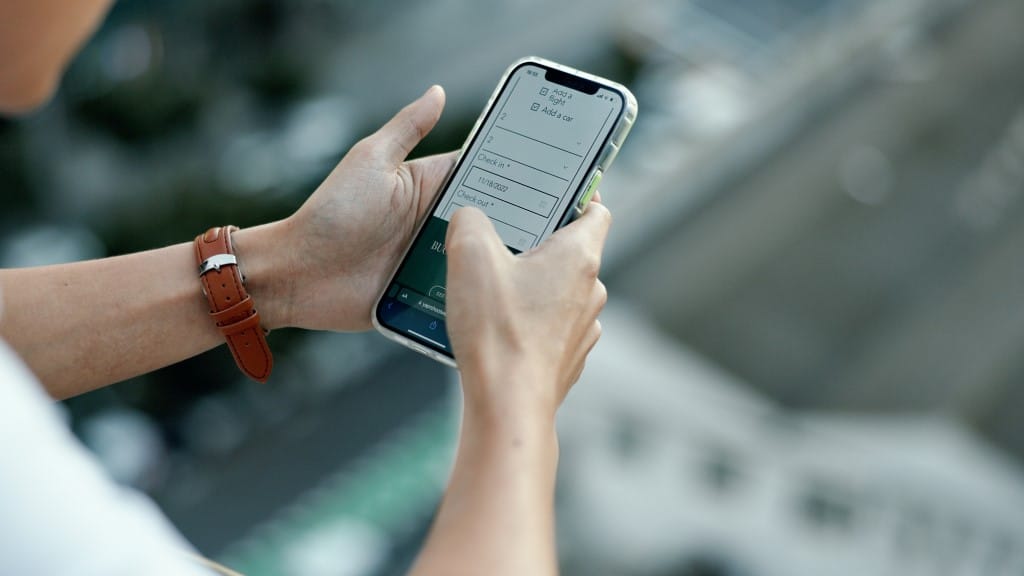SOTI research highlights device issues impacting UK emergency response times
- April 26, 2024
- 3:09 pm


Iain Hoey
Share this content
The impact of device malfunctions on emergency services
New research from SOTI reveals that 95% of emergency services workers in the UK are facing challenges with mobile devices, which is affecting their response times and the quality of care provided.
The report, titled ‘Digitising the Frontline: Transformative Technologies in Critical Care’, surveyed 900 emergency service workers globally, including 100 from the UK’s police, ambulance, and fire and rescue services.
It highlights how device and application problems are leading to delays in accessing digital records and receiving crucial location information.
The most common issues reported include poor battery health, device crashes, and slow or non-functional digital forms.
According to the study, 40% of respondents indicated that resolving these issues can take between 20 to 60 minutes.
This is contributing to increased stress levels among almost two-thirds of UK’s emergency service workers.
The call for optimised technology for emergency response
Stefan Spendrup, Vice President of Sales for Northern and Western Europe at SOTI, emphasised the critical nature of reliable technology in emergency scenarios: “In critical situations where quick decision-making and responses are vital, even a minor issue with an app or device can have a detrimental effect,” he said.
“This means that central IT teams need better visibility over their device fleets with real-time diagnostic intelligence, which allows them to predict and resolve issues in advance by analysing device data.”
The study further reveals the reliance on traditional pen and paper methods due to recurring technical difficulties, with over a third of workers using this approach most of the time.
The use of personal devices for work, which 46% of those surveyed admitted to, poses additional security risks and complicates the management of software vulnerabilities and data protection.
Security risks and management solutions
Spendrup also highlighted the risks associated with personal and shared devices: “Major challenges can present themselves if personal devices are not managed by IT teams,” he added.
“Devices are susceptible to software vulnerabilities and cyber threats because of how difficult it is to provide manual software updates, troubleshoot issues when they occur or lock devices down if they are lost or stolen.”
He concluded, stressing the public’s reliance on the efficiency and reliability of emergency services: “The public puts its trust in emergency services workers to come to their aid swiftly, strategically and with their care top of mind.
“Our research shows that first responders and their teams must be able to put the same trust in the technologies they use at every stage of an emergency.”
IFSJ Comment
The findings from SOTI’s latest report underline the urgent need for improved technology management within the UK’s emergency services.
By addressing these technological challenges, emergency services can enhance their operational efficiency and reliability, ensuring quicker responses and better care.
The emphasis on robust digital infrastructure and proactive technology management is essential for sustaining the trust and safety of the public in critical situations.

